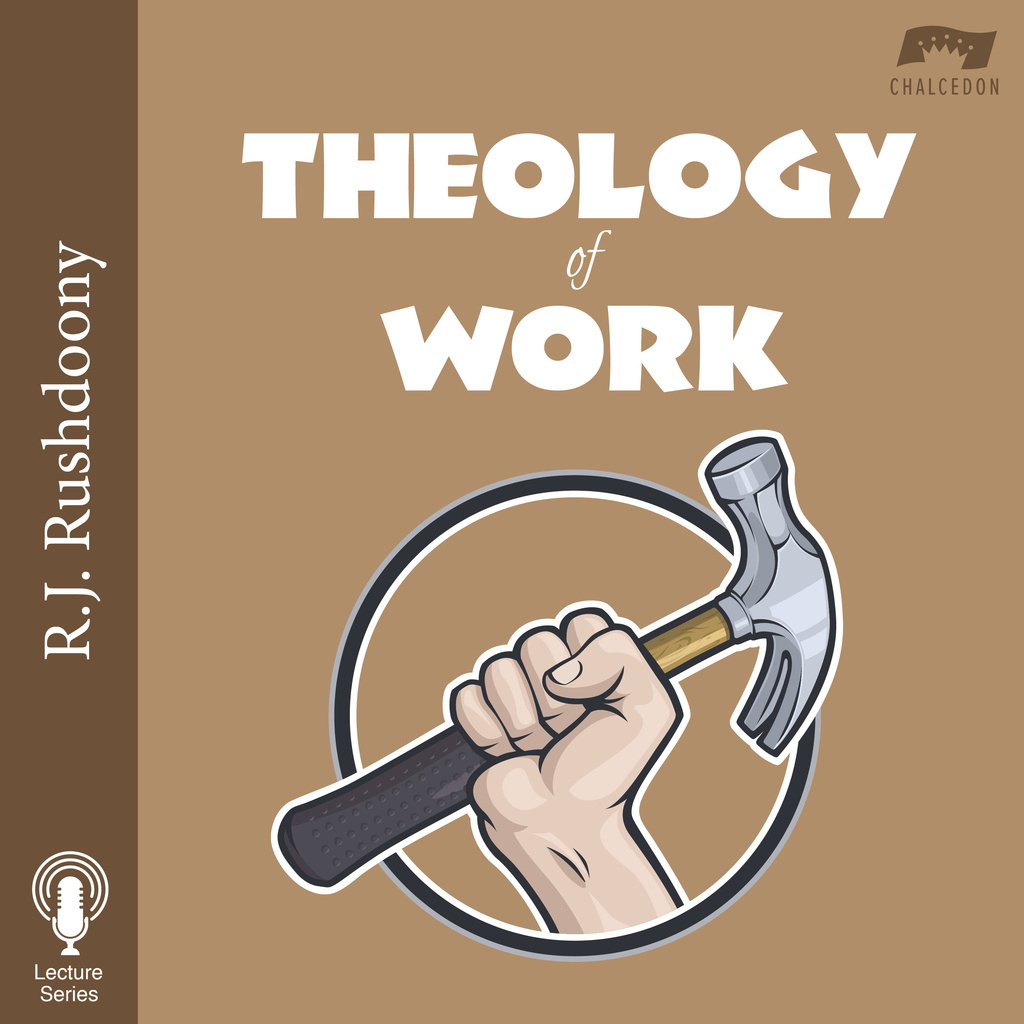
The Work Ethic
The Puritan work ethic was a revival of something that had died before the Reformation, and was now revived by the Puritans self-consciously. It was a revival of that which scripture taught, which the early church practiced, and which the medieval era; at least to the thirteenth century, very strongly stressed. Work in terms of God’s calling, and in the words of Saint Basil the great, “with its goal the good pleasure of God.”

- R. J. Rushdoony
The Puritan work ethic was a revival of something that had died before the Reformation, and was now revived by the Puritans self-consciously. It was a revival of that which scripture taught, which the early church practiced, and which the medieval era; at least to the thirteenth century, very strongly stressed. Work in terms of God’s calling, and in the words of Saint Basil the great, “with its goal the good pleasure of God.”

- R. J. Rushdoony
Rev. R.J. Rushdoony (1916–2001), was a leading theologian, church/state expert, and author of numerous works on the application of Biblical law to society. He started the Chalcedon Foundation in 1965. His Institutes of Biblical Law (1973) began the contemporary theonomy movement which posits the validity of Biblical law as God’s standard of obedience for all. He therefore saw God’s law as the basis of the modern Christian response to the cultural decline, one he attributed to the church’s false view of God’s law being opposed to His grace. This broad Christian response he described as “Christian Reconstruction.” He is credited with igniting the modern Christian school and homeschooling movements in the mid to late 20th century. He also traveled extensively lecturing and serving as an expert witness in numerous court cases regarding religious liberty. Many ministry and educational efforts that continue today, took their philosophical and Biblical roots from his lectures and books.